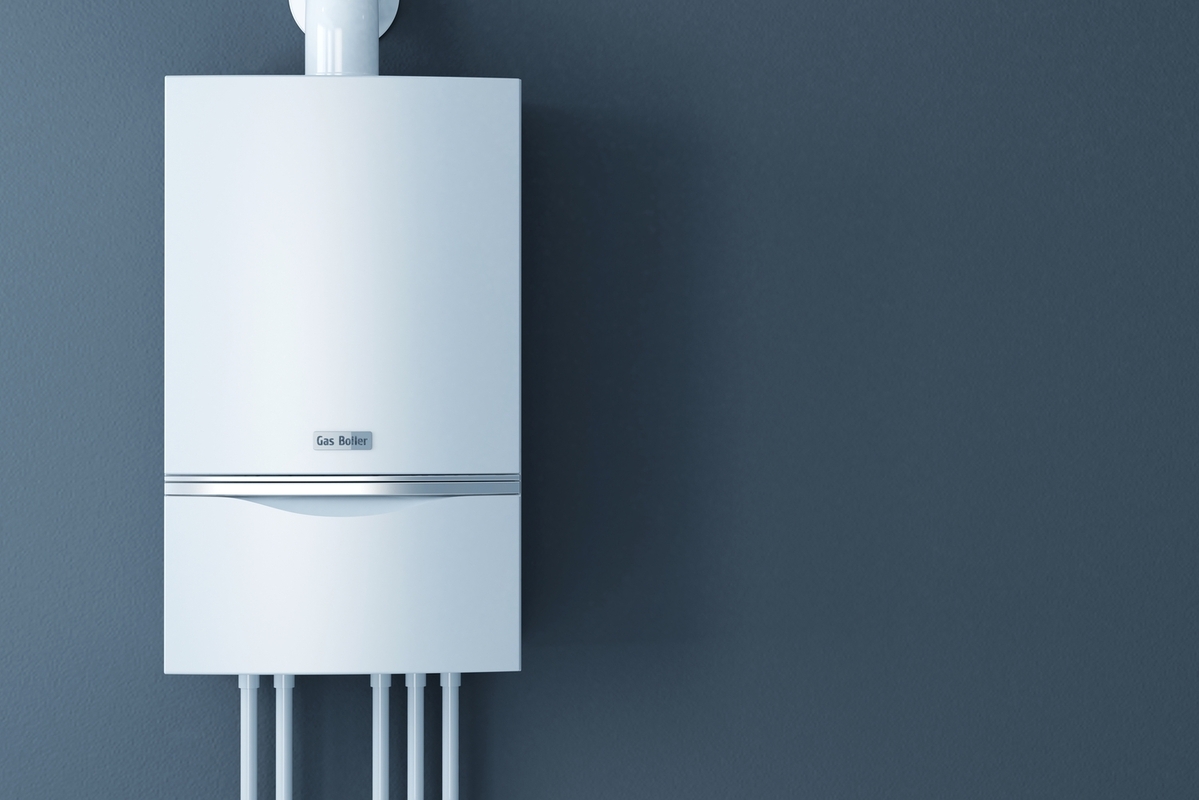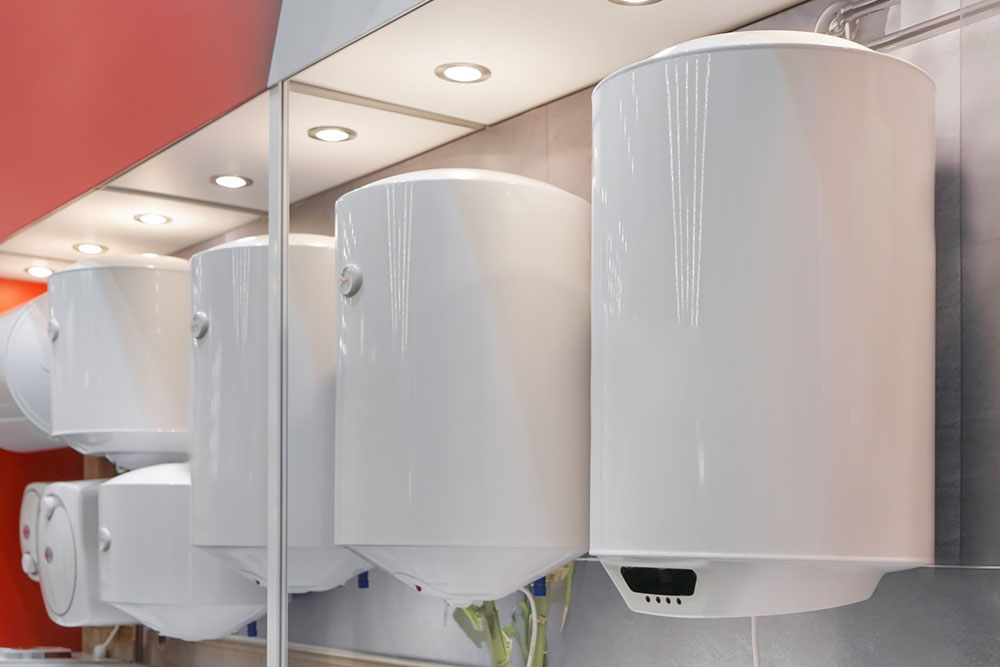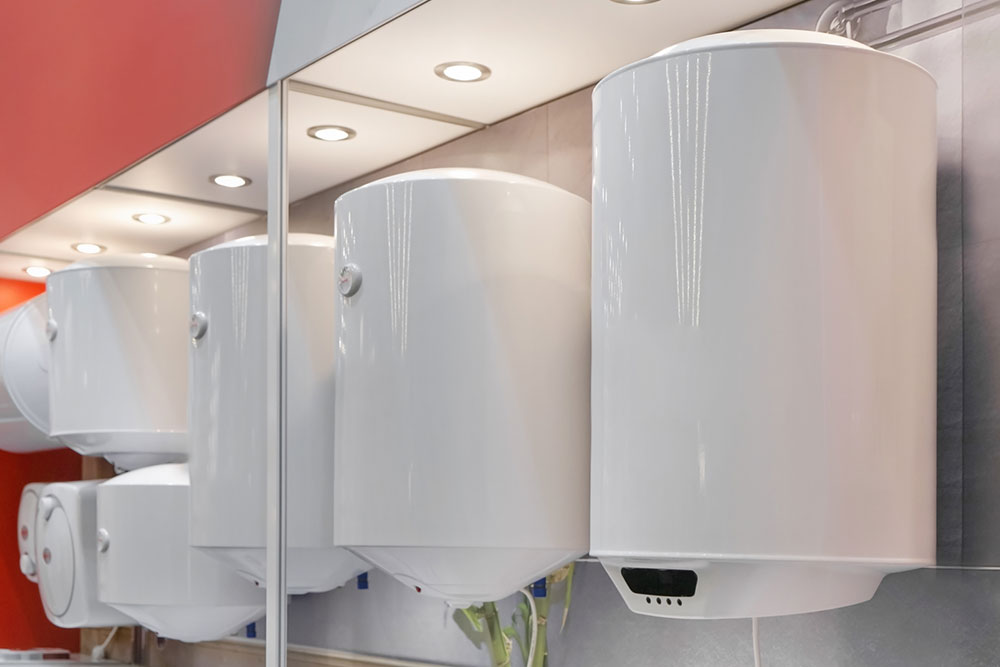Effective Cost-Reduction Strategies for Boiler Replacement in the UK
Discover comprehensive strategies to reduce boiler replacement costs in the UK. From government schemes to choosing the right boiler and timing your purchase, this guide offers practical tips for homeowners seeking affordable upgrades. Learn how to maximize savings with expert advice on securing subsidies, obtaining competitive quotes, and taking advantage of seasonal deals. Make your boiler upgrade budget-friendly while enhancing energy efficiency and home comfort. An essential resource for UK homeowners aiming for smart, cost-effective heating system replacements.

Effective Cost-Reduction Strategies for Boiler Replacement in the UK
Replacing an outdated or inefficient boiler is a crucial step for homeowners aiming to maintain a warm, comfortable home environment while also reducing energy costs. However, the expense involved in upgrading your boiler can seem daunting. Fortunately, there are multiple strategic approaches homeowners in the UK can adopt to significantly diminish the overall costs associated with boiler replacement. This comprehensive guide explores proven methods to help you save money, maximize benefits from government schemes, and choose the most cost-effective options for your home.
1. Take Advantage of Government and Local Authority Assistance Programs
The UK government, along with local councils, offers a variety of subsidy programs designed to ease the financial burden of upgrading to energy-efficient boilers. These initiatives are especially targeted at low-income households, vulnerable groups, or households in fuel poverty. Programs like the Energy Company Obligation (ECO) scheme provide substantial financial support, often covering part or all of the installation costs for eligible homeowners. It's essential to research and confirm eligibility for such schemes, as they can reduce out-of-pocket expenses considerably and make energy-efficient systems more accessible to a wider population.
2. Carefully Assess Different Types of Boilers
Choosing the right boiler is critical for balancing initial costs, long-term savings, and suitability for your home size and hot water needs. There are several common types to consider, including combi, system, and conventional boilers, each offering distinct advantages. For example, combi boilers are highly popular in smaller homes due to their space-saving design and dual heating and hot water functions, which eliminate the need for a separate water tank. Evaluating features, efficiency ratings, and installation costs enables you to select a model that provides optimal value for your investment, ultimately lowering your overall boiler replacement expenses.
3. Collect Multiple Quotes from Certified and Reliable Installers
The installation process can significantly influence the total cost of your boiler upgrade. Prices can vary widely between different service providers, so obtaining quotes from at least three reputable installers is a wise move. When comparing estimates, focus on transparency—ensure that quotes specify all costs, including labor, materials, and any additional charges. Choosing installers with good reviews, proper certification, and clear pricing policies helps you avoid hidden fees and overcharging. Additionally, requesting detailed consultations can ensure the chosen system fits your needs perfectly and reduces the chances of costly modifications later.
4. Take Advantage of Seasonal Promotions and Special Offers
Many boiler suppliers and installation companies offer attractive discounts and promotional deals during certain times of the year, particularly during off-peak seasons when demand is lower. Keeping an eye on manufacturer websites, signing up for newsletters, and following industry deals can help you spot opportunities for substantial savings. Additionally, negotiating directly with suppliers or installers may yield discounts or added extras. Timing your purchase to coincide with these seasonal deals can result in significant reductions in costs, making your upgrade more budget-friendly.
5. Consider Financing Options and Payment Plans
To ease the financial impact of a major upgrade, many providers now offer financing plans that allow you to spread the cost over several months or even years. While opting for financing might slightly increase the overall expense due to interest, it can help manage cash flow and avoid large upfront payments. When selecting a financing plan, look for options with low or no interest, clear repayment terms, and flexibility. Carefully reviewing and understanding the terms ensures you avoid unexpected charges and favor a plan that makes the investment in a new efficient boiler more manageable, especially for larger or more complex systems.
In conclusion, upgrading your boiler need not be a financial burden if you approach the process strategically. By researching and applying for government and local authority support schemes, assessing and choosing the most suitable boiler type, collecting multiple quotes from trusted installers, timing your purchase during promotional periods, and exploring financing options, you can significantly reduce the overall costs involved. Being proactive and well-informed helps ensure you achieve an efficient, reliable heating system without overspending. These tactics enable homeowners across the UK not only to enjoy the benefits of a modern boiler but also to save money on installation and long-term energy bills—making the investment truly worthwhile and sustainable for years to come.





